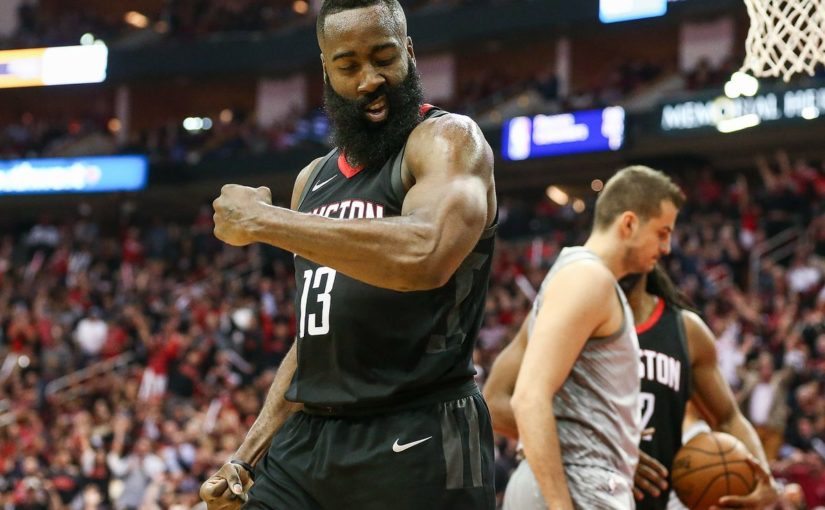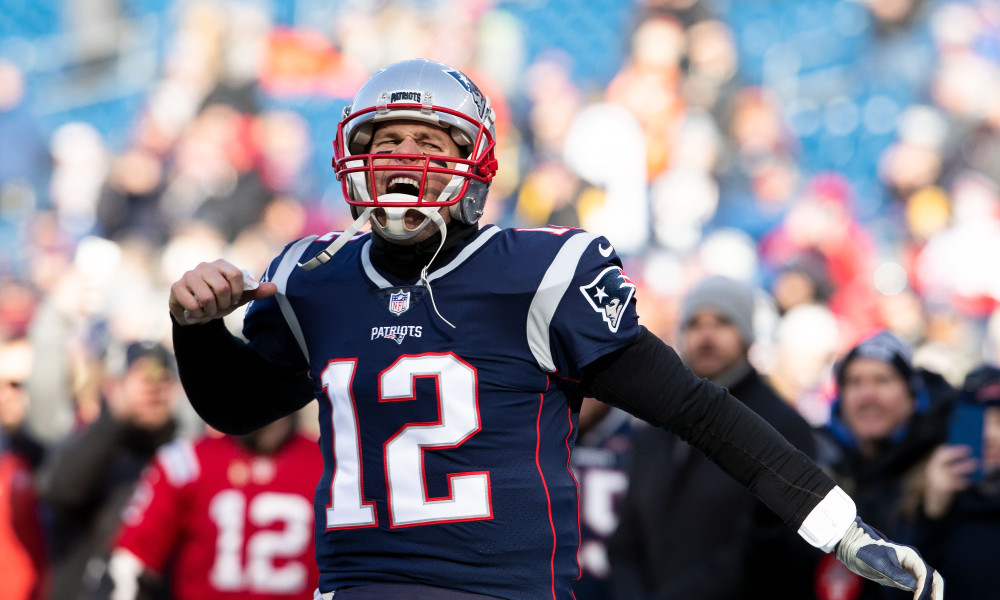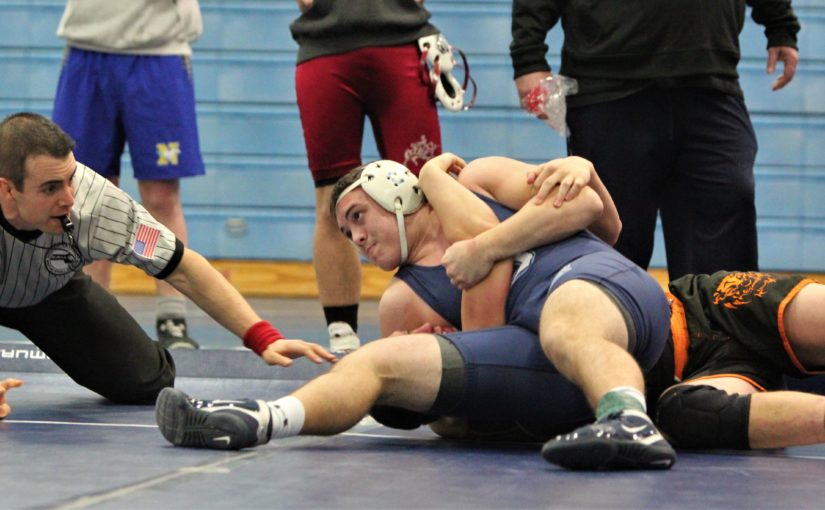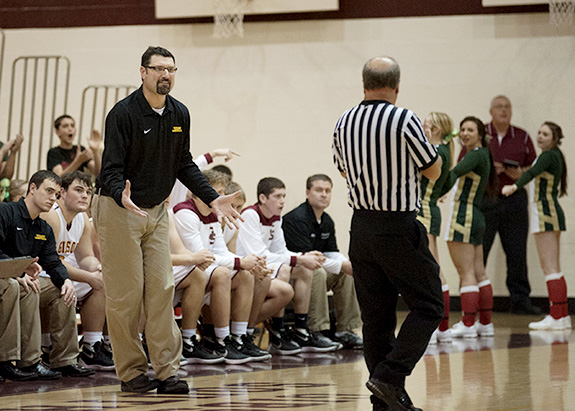The Difference Between Confidence & Cockiness
If confidence bolsters sports performance, does cockiness vault performance to a higher level? The confidence versus cockiness debate has endured for decades.
Cockiness is often equated with supreme confidence. In the sporting world, several terms are used interchangeably to describe “high confidence”: self-assuredness, self-belief, boldness, brashness, swagger, and cockiness.
To delineate between confidence and cockiness, a few points should be considered:- Is there a difference between confidence and cockiness?
- If so, what differentiates confidence from cockiness?
- How do you develop confidence?
Is There a Difference Between Confidence and Cockiness?
Confidence is an athlete’s belief in their physical, technical, emotional, and mental abilities to perform well in a particular athletic situation.
 Confidence exists on a continuum; the greater the self-belief, the more successfully an athlete performs. On a confidence scale, the upper end is high confidence, not cockiness.
Confidence exists on a continuum; the greater the self-belief, the more successfully an athlete performs. On a confidence scale, the upper end is high confidence, not cockiness.
In reality, cockiness is an over-statement about one’s abilities or an over-emphasis on past achievements.
Confidence revolves around self (belief in one’s abilities), while cockiness is steeped in comparison (belief one is superior to other athletes).
Confident athletes are primarily focused on doing and working to reach their potential while cocky athletes are primarily focused on talking and bragging about their accomplishments.
Cocky athletes are trying to convince others and, at a deeper level, themselves that they can succeed, achieve, or perform at a high level. In that sense, cockiness is shaky confidence at best.
What Differentiates Confidence From Cockiness?
Confident athletes have a growth mindset. A growth mindset is an attitude or belief that an athlete can develop the necessary mental, physical, technical, and tactical skills to achieve their athletic goals. Confident athletes are driven to find a way to succeed and understand the effort and time needed to develop and improve skills.
Cocky athletes have a fixed mindset. They see themselves as natural-born athletes or athletically gifted. Cocky athletes rely on their natural ability, rather than work ethic, because they feel they are already a step ahead of everyone else.
Confident athletes focus on the process. The process is building your game through action, self-reflection, learning, and re-adjusting to grow as an athlete. Confident athletes find the lesson in losses.
 Cocky athletes focus on outcomes such as wins, records, statistics, awards, and accolades. Losses are dismissed as aberrations, therefore, nothing much is learned after a bad performance.
Cocky athletes focus on outcomes such as wins, records, statistics, awards, and accolades. Losses are dismissed as aberrations, therefore, nothing much is learned after a bad performance.
Confident athletes find a way. They take personal responsibility for their performance. After a loss, confident athletes go back to the drawing board to see if there is something they can do differently for the next competition.
Cocky athletes find an excuse. They never take the blame or responsibility for a bad performance. A bad result is seen as something or someone else’s fault.
Confident athletes welcome feedback and accept constructive criticism. Confident athletes learn from failure rather than letting it define them.
Cocky athletes see criticism as unfair or misguided. Criticism is viewed as a personal attack and rarely used as feedback to improve performance.
Confident athletes challenge themselves. Challenges are seen as opportunities to explore potential, no matter the outcome.
» ALSO SEE: UAB Forms New Traditions at Protective Stadium
Cocky athletes rarely put themselves in a position to be unsuccessful; it’s a threat to their ego. When faced with strong challenges, cocky athletes back off and give up more easily.
Confident athletes focus on team success. They look for ways to contribute. Confident athletes see themselves as a part of the whole.
Cocky athletes focus on individual success. Personal statistics are more meaningful than team play. Cocky athletes have issues building relationships with teammates.
How to Develop Confidence
Sport confidence is an essential mental skill developed from tangible sources. For an athlete to develop high self-belief, they must roll up their sleeves and do the mental and physical work to proactively build their confidence.
The following are specific strategies/ sources of confidence:
- Highlight past successes. Identifying successes doesn’t mean boasting about accomplishments. Positive memories produce constructive emotions that contribute to future successes. In addition, past successes can provide a roadmap for future competitive performances.
- Find strengths – Competing from strengths is a tremendous asset heading into a competition. Just as pointing out weaknesses diminishes belief, identifying strengths boosts an athlete’s confidence.
- Train at a high physical level – Improving strength, explosiveness, flexibility, speed, agility, reaction time, technique, and tactical skills give athletes a sense of mental power.
- Cultivate mental skills – The same is true for mental training as physical training. Developing specific skills such as goal setting, focus, self-efficacy, persistence, resilience contributes to a sense of readiness.
- Prepare fully – On competition day, following a specific routine, packing your equipment bag early, warming up properly signals a sense of preparedness to perform at a high level.
- Practice imagery/ visualization – Experiencing success in your mind’s eye adds to confidence by reducing doubt. Mental rehearsal is experiencing success before a competition. Success, real and imagined, are valuable sources of self-belief.
- Manage mental game – Understanding how to deal with mistakes, emotions, and pressure enhances confidence. When an athlete knows how to respond in tough situations, they are better prepared for handling unforeseen circumstances in competition.
Cockiness is an empty promise. True success is earned by having a high level of self-belief.
JJ Weber, M.Ed. is the Director of Team Weber Consulting, a company geared towards human potential and mental training. JJ has a Sport Psychology degree from Temple University. He is a member of the American Association of Sport Psychology and the International Society of Sport Psychology. For questions, you can contact him at [email protected] or through TeamWeberConsulting.com.





